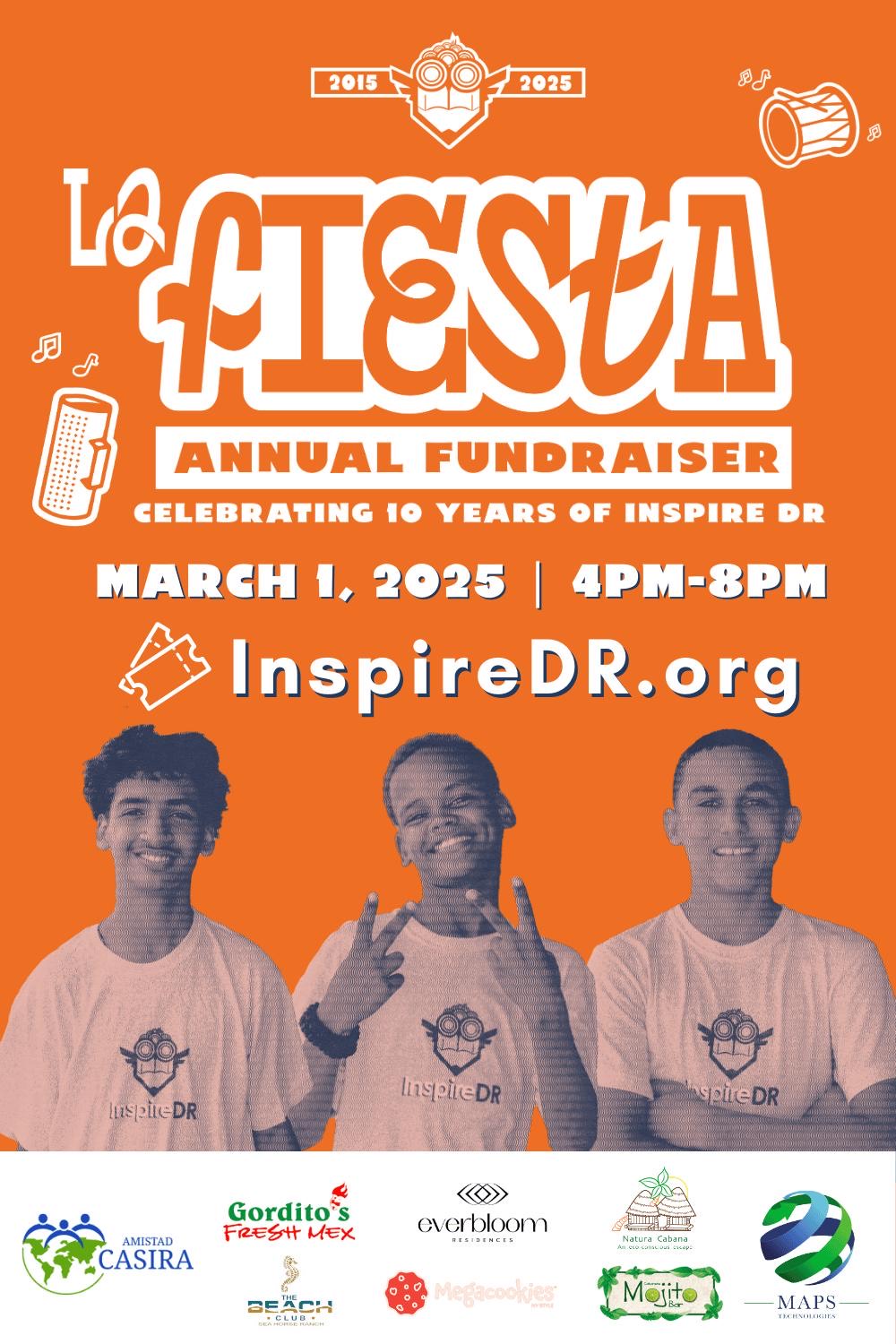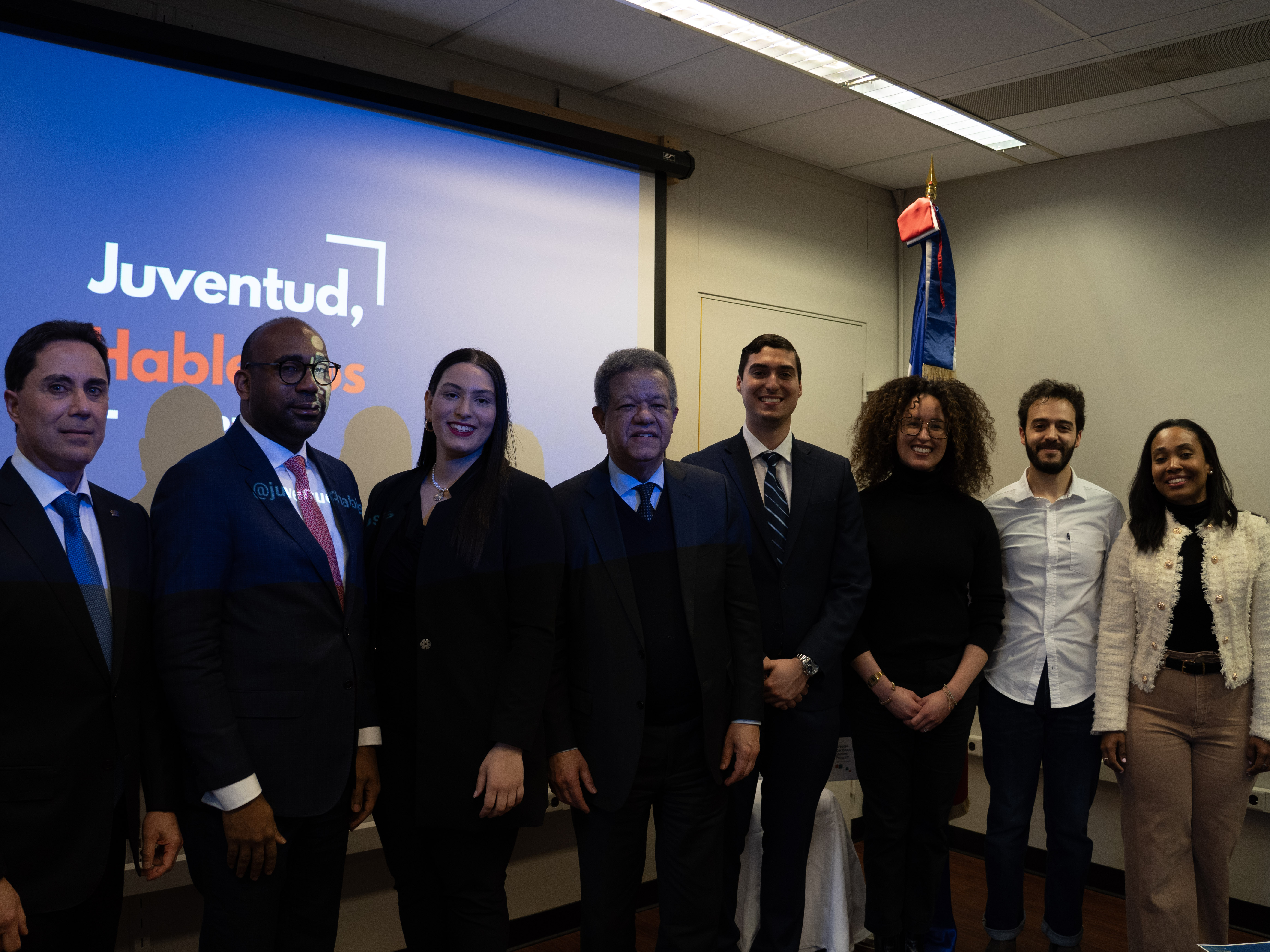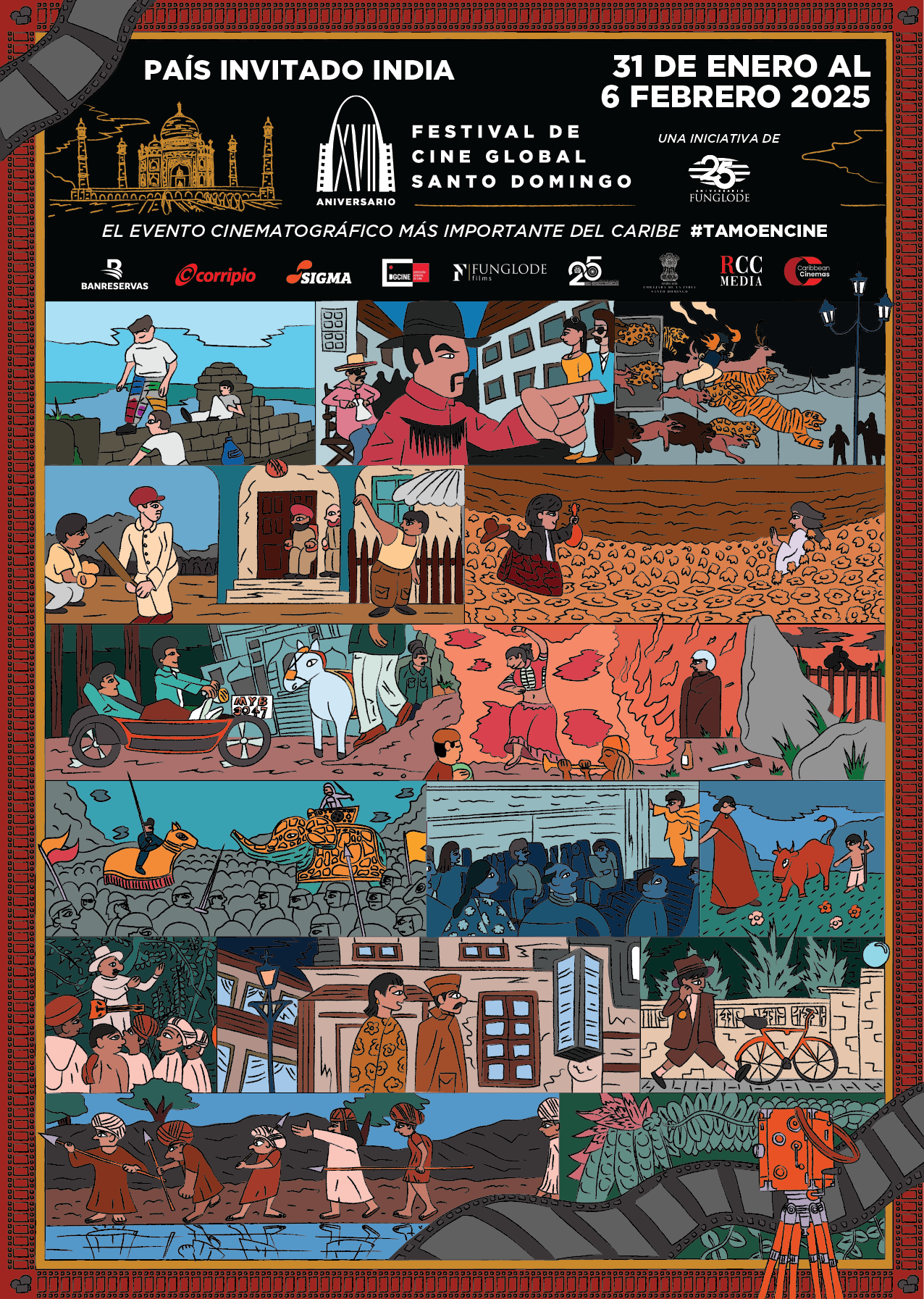Jorge Franco 2014 Alfaguara Award in the Novel Category for“El mundo de afuera”
 | Jorge Franco 2014 Alfaguara Award in the Novel Category for“El mundo de afuera” Colombian writer Jorge Franco has been awarded the 2014 Alfaguara Award in the Novel category, worth US$175,000 (some €130,000) and a sculpture by Martín Chirino, for his novel El mundo de afuera (The outside world), presented under the title Aquel monstruo indomable (That indomitable monster) under the pseudonym of Antonio Benjamín. The panel of judges, chaired by Laura Restrepo and made of Sergio Vila-Sanjuán, Ignacio Martínez de Pisón, Ana Cañellas, Nelleke Geel, and Pilar Reyes (with voice but without vote), declared the novel the winner by majority vote. This call received 872 manuscripts, which makes it the edition with the most participation in the history of the Award. Of these entries, 381 were received in Spain, 120 in Argentina, 109 in Mexico, 54 in Colombia, 37 in the United States, 36 in Venezuela, 35 in Chile, 23 in Costa Rica, Panama, and Nicaragua, 21 in Peru, 12 in Guatemala and Honduras, 10 in Bolivia, 10 also in Ecuador, 9 in Uruguay, 6 in the Dominican Republic, 5 in Paraguay, 3 in Puerto Rico, and 1 in El Salvador. Jorge Franco was born in Medellin, Colombia. He pursued studies in Literature at Javeriana University and Film studies at The London International Film School in the United Kingdom. He won the Pedro Gómez Valderrama National Narrative Competition with his book of stories Maldito Amor, and with his novel Mala noche, he won first prize in the XIV National Novel Contest, which took place in the city of Pereira. He was also a finalist in the Colcultura National Novel Prize. His novel Rosario Tijeras won the Novel National Scholarship of the Ministry of Culture, was awarded the 2000 Hammett International Novel Prize (Gijón, Spain), and has been translated into more than fifteen languages and successfully brought to film and television. The film adaptation of his novel Paraíso Travel (2012) became one of the highest grossing films of Colombian cinema. Melodrama (2006) was adapted to theater and published throughout Latin America. His latest novel is Santa Suerte (2010). Jorge Franco has published stories and articles in various national and international journals. He has been invited by Gabriel García Márquez to teach with him his workshop “Cómo se cuenta un cuento (How a story is told)”, at the School of Film and Television of San Antonio de los Baños (Cuba). Also, he was a tutor in the Master’s degree in Creative Writing at the National University in Bogotá. El mundo de afuera takes place in Medellin. A setting where time comes wrapped in a haze, and voices seem like a whistling that gets lost among the branches. There is a glimpse of a sort of castle in the leafy outskirts and a blond girl runs outside through a door. Captivated eyes look at the unusual presence and the girl gets lost in the woods. In 1971, the father of that child, Don Diego, has been kidnapped. El Mono is the leader of the thugs; he intends to ask the family for a millionaire ransom. El Mono has other than economic reasons to kidnap Don Diego: the love obsession for his daughter, Isolda, a blonde princess whose father, a lover of Wagner’s opera, keeps locked in the “castle” to preserve her purity and to keep her from getting dirty with the world around them. Don Diego is a Germanophile and has married Dita, a German woman who left Nazi Berlin to live in the replica of La Rochefoucauld’s castle that her husband has built in Medellin. Since childhood, Isolda has made it a habit to escape into the woods where she used to play with fantastic rabbits that wove her hairstyles, while el Mono, perched in trees, admired her. A short and, to a point, a simple novel about love and death, poetic and thoughtful, with outstanding tension management, and while incorporating film techniques such as flashback and parallel narrative, it also draws on sources such as folktale or chronicle of events. From its first edition in 1998, the following personalities have presided over the Alfaguara Award: Carlos Fuentes, Eduardo Mendoza, Alfredo Bryce Echenique, Antonio Muñoz Molina, Jorge Semprún, Luis Mateo Díez, José Saramago, José Manuel Caballero Bonald, Ángeles Mastretta, Mario Vargas Llosa, Sergio Ramírez, Luis Goytisolo, Manuel Vicent, Bernardo Atxaga, Rosa Montero and Manuel Rivas. The Alfaguara Novel Award has become a referent for quality literary awards given to an unpublished work written in Spanish. Its coverage throughout all the countries where the Spanish language is spoken, has led to an outstanding international dissemination, supported by simultaneous editing of the winning works in Spain, Latin America, and The United States. So far, the following novels have won the Alfaguara Novel Award: Caracol Beach, by Eliseo Alberto, and Margarita, está linda la mar (Margarita, How Beautiful the Sea), by Sergio Ramírez (both winners of the first edition); Son de Mar, by Manuel Vicent; Últimas noticias del paraíso, by Clara Sánchez; La piel del cielo (The skin of the sky), by Elena Poniatowska; El vuelo de la reina (The Flight of the Queen), by Tomás Eloy Martínez; Diablo Guardián by Xavier Velasco; Delirio (Delirium) by Laura Restrepo; El turno del escriba, by Graciela Montes and Ema Wolf; Abril rojo (Red April), by Santiago Roncagliolo; Mira si yo te querré (See How Much I Love You), by Luis Leante; Chiquita, by Antonio Orlando Rodríguez; El viajero del siglo (Traveller of the Century), by Andrés Neuman; El arte de la resurrección (The Art of Resurrection), by Hernán Rivera Letelier; El ruido de las cosas al caer (The Sounds of Things Falling), by Juan Gabriel Vásquez; Una misma noche (The Same Night), by Leopoldo Brizuela; and, La invención del amor (Inventing Love), by José Ovejero. All of these writers have had an intercontinental dissemination and have presented their works in almost all the Spanish speaking countries during the promotional year. In addition, the winning novel is distributed simultaneously in 19 Spanish-speaking countries, reaching over 400 million Spanish speakers. |

Related News
-

(Versión en español) MINC realiza el evento "Enamórate del Arte y la Cultura" en Los Alcarrizos
-

(Versión en español) InspireDR celebra una década de impacto con “La Fiesta 10” en Cabarete
-

(Versión en español) Organización “Juventud Hablemos” de la Universidad de Columbia y la GFDD copatrocinan a casa llena evento sobre “La evolución de la democracia en la República Dominicana”
-

(Versión en español) Realizan premiere del documental “El Padrino II: 50 años y su filmación en República Dominicana”
-

Actividad #1
Dónde:: Complejo Acuático Del Centro Olímpico Juan Pablo Duarte.
Días: 28 y 29 de noviembre 2016.
Precios: RD$1,1000.00 VIP, RD$600.00 gradas.

